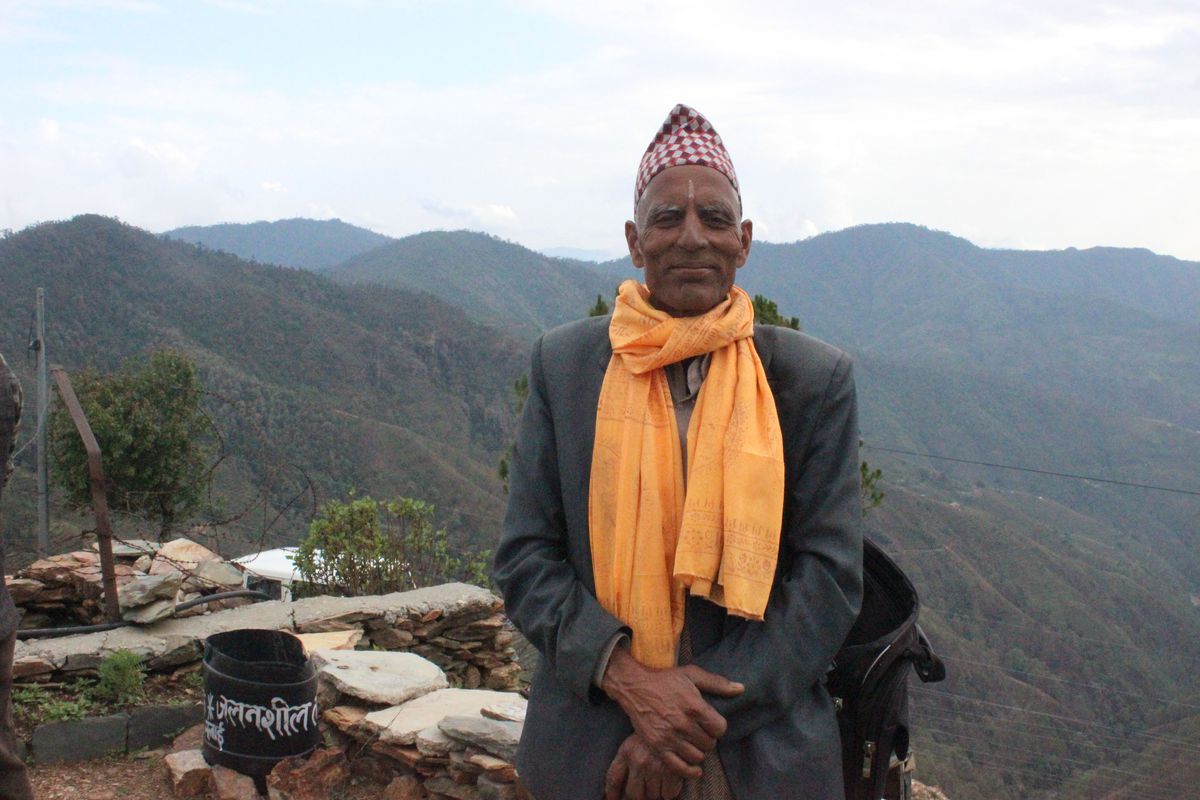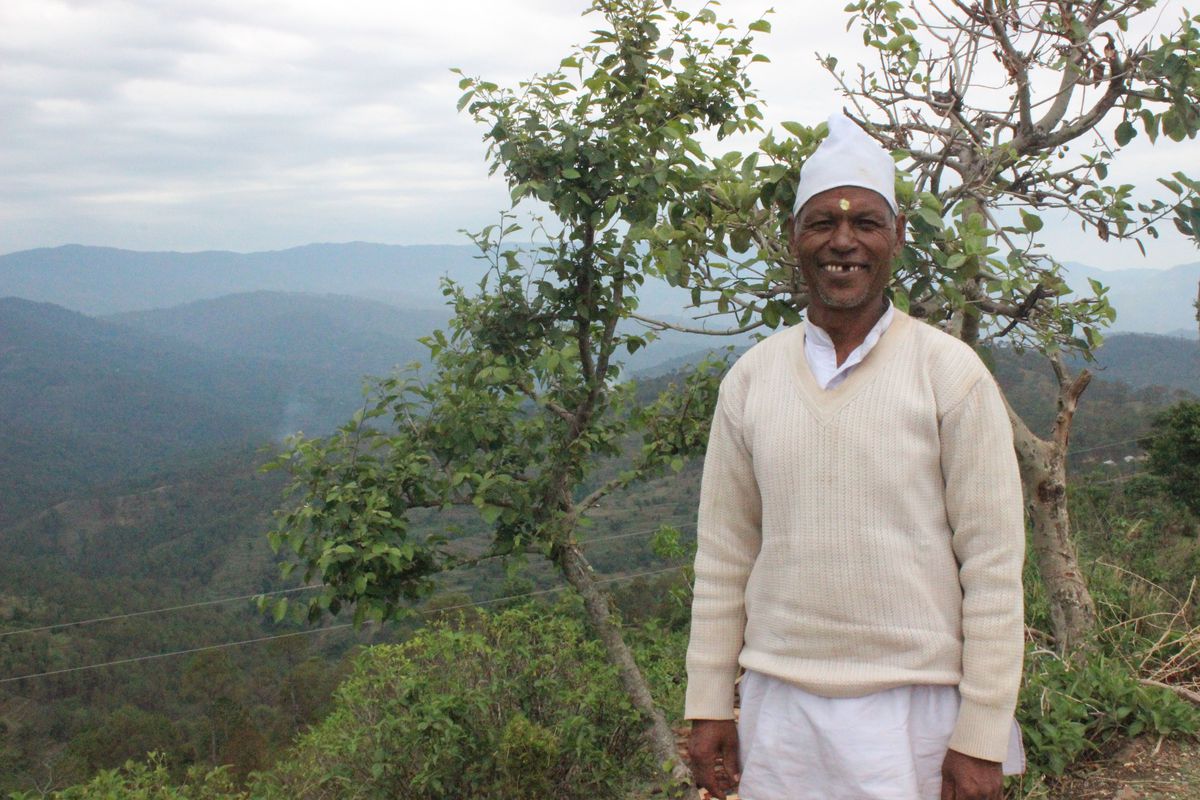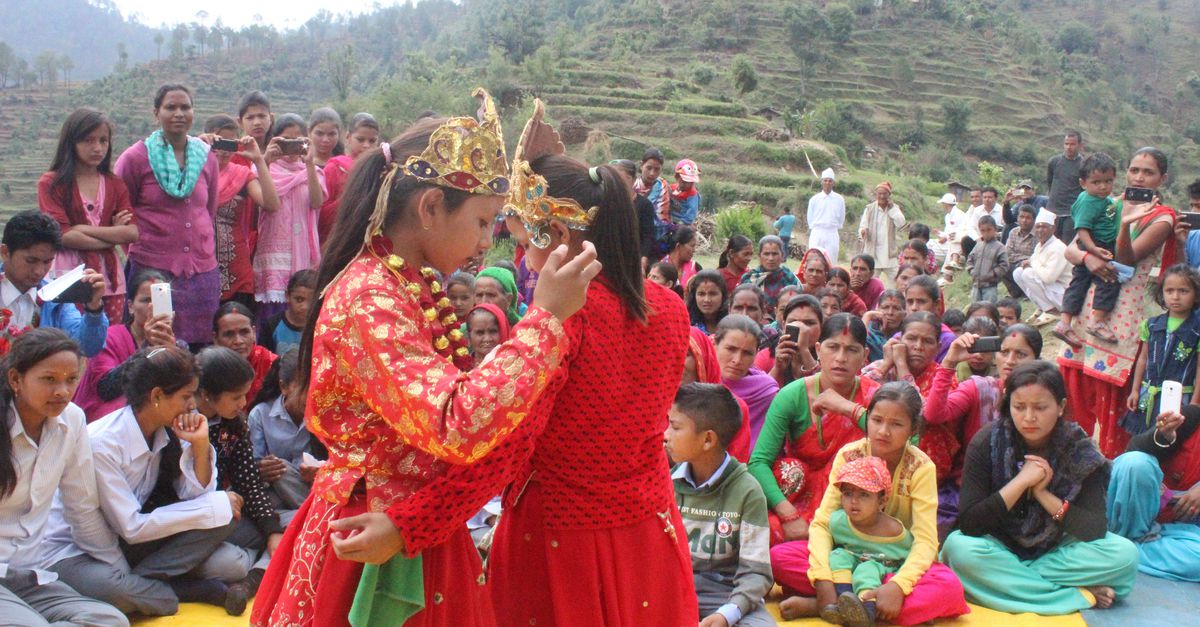Imagine your birth certificate being the only thing that can stop you from becoming a child bride. A piece of paper that could change the course of your life.
In Nepal, a girl’s cheena, or astrological chart, is playing a crucial role in deterring her from being married off before she reaches adulthood.
In Nepal, between 38 percent and 50 percent of all girls are married off before turning 18, according to activist groups.
It’s a deeply embedded tradition where marriages are arranged — and often forced through — by parents or relatives of the girl. Some are as young as 12 months.
This can have a variety of inherently detrimental consequences. In the short-term, girls are more likely to drop out of school and are less likely to have access to information about birth control and contraception.
In the long-run, they are more likely to suffer the dangerous impacts from early childbearing. And in a vicious intergeneration circle, the women are less likely to rise out of poverty so that they can spare their own daughters from enduring the same fate.
Changing perceptions
Surprisingly, astrologers, Hindu priests and shamans could hold the key to ending this perilous cycle.
In a remote far western part of Nepal, some of these religious leaders are using their standing in traditional communities to educate families about the consequences of child marriage.
When a girl is born, she gets her cheena — a scroll made according to the Hindu astrological calendar — which an astrologer or priest can use to tell the girl’s fortune.
With the help of the Department of Women and Children and UNFPA, many of these men are switching from fortune telling to advocating against child marriage, starting with the cheena.

In a small village, a 66-year-old man named Dev Dutta Bhatta is the local priest. He describes a conversation he had had with the parents of a 16-year-old girl, who had come to him for advice.
Looking at the girl’s birth year on her cheena, he convinces them to wait until she is at least 20 to marry her off.
“When they come to us, they lie about the age of their young girls. But the birth date mentioned in the cheena is always true, and alerts us to the possibility of child marriages taking place — and the need to stop this from happening,†he says.
Bhatta has thus far convinced five families to delay marriage. The number is no small feat. And Bhatta is not alone.
“I’ve already organized six orientation meetings and I am gearing up for more,†said Bhojraj Joshi, another popular local priest. “Earlier, I only used to tell villagers their fortunes. Now I also tell them it is illegal to marry off their children before they reach 20.â€
Appealing to faith
Despite the long-standing tradition, child marriage has been illegal in Nepal for 54 years. The minimum age of marriage is 20 and arranging an underage marriage could result in imprisonment.
But the enforcement of this law is weak, and in some places, virtually non-existent.
Combined with high levels of poverty, lack of education, intergenerational pressures and traditions and a shortage of information about family planning, child marriage continues to be a multi-faceted problem.
Nepal has pledged to end the practice by 2030.
But in many remote and rural areas, the various plans for actions need additional assistance.

That’s why having local priests, shamans and astrologers police and advocate against child marriage is so important.
These individuals are essentially working to work within tradition to change the conversation about an incredibly devastating practice.
Shyam Bahadur Bhandari, an elderly shaman who has ended two child marriages said the transitions is crucial. “We not only help people get rid of evil spirits and sickness, but also fight against social evils like child marriage.â€
Photos Courtesy: Santosh Chhetri/UNFPA
By Nikolay Nikolov







